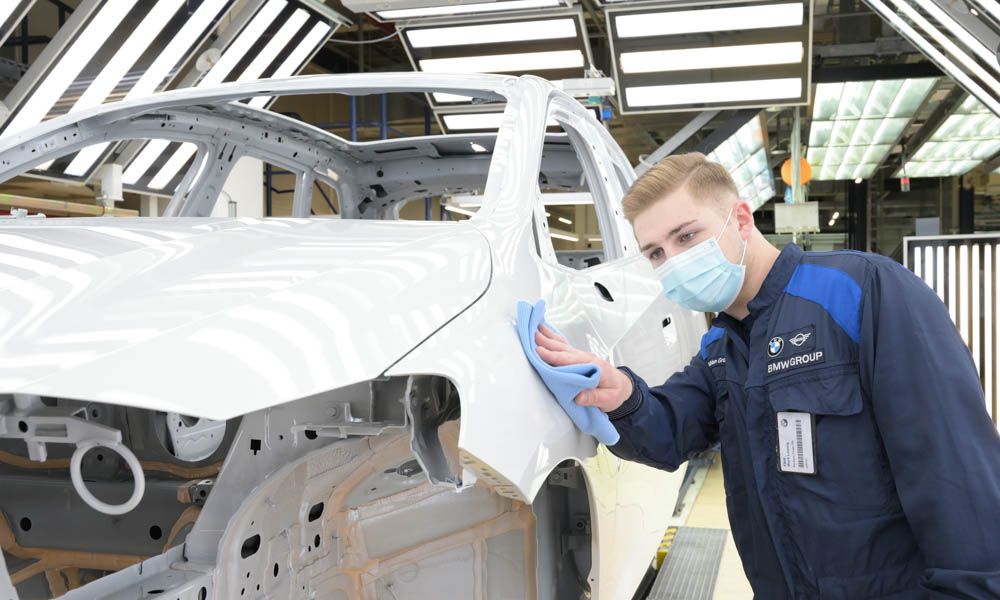
The race to reverse the ill effects of climate change is at full steam now. Other than our electricity use, vehicles are the leading source of harmful gases that worsen the current situation. Carmakers have been aggressively putting effort in electrification to help lessen tailpipe emissions. But not a lot have the resources to keep those to a minimum by making sure their cars are made with the least dependence on carbon-emitting processes.
Steel production is one of those that generate high carbon-dioxide emissions. But despite this, the material is still heavily used as its versatility makes it perfect for production. That is why up to now, various parts of vehicle bodies and components continue to use it. But thankfully, the carmaker has proven there are ways to help reduce carbon emissions in the production of steel.
Months ago, we shared with you how the automaker intends to use steel made with sustainable methods. Well, it is now doubling up on its efforts to lessen its carbon footprint by partnering with Salzgitter AG, another company supplying low-carbon steel.
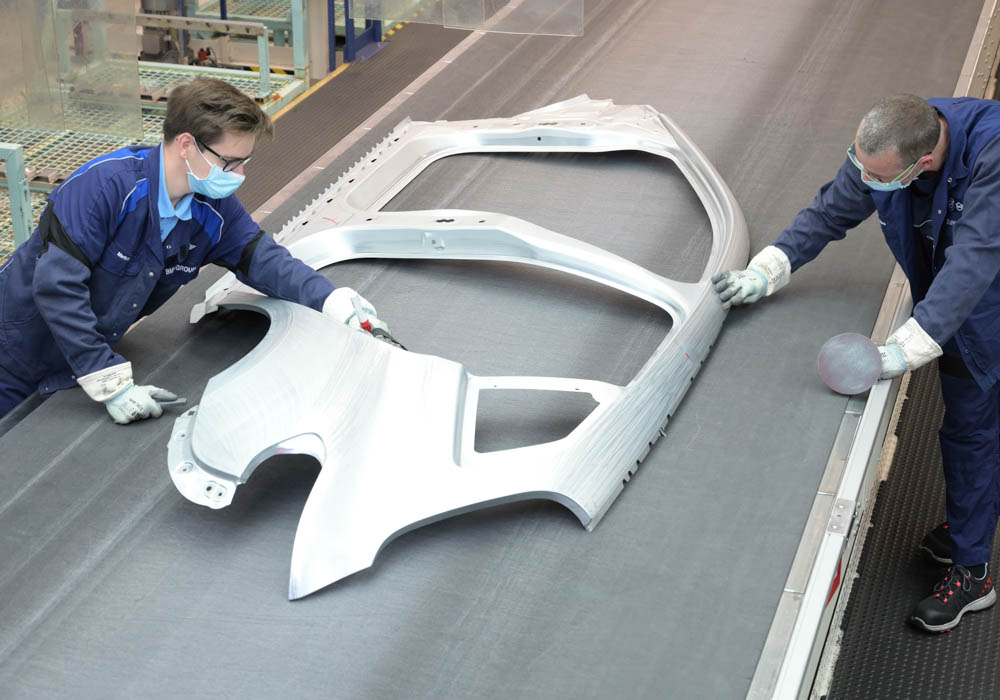
For its part, Salzgitter has been transitioning to low-carbon steel production. To do this, it will replace its blast furnaces that use coal to direct-reduction plants that use hydrogen. The latter will directly reduce iron ore to solid-state iron that will be melted down in a furnace. And these will be using electricity from renewable sources.
Finally, the automaker continues to improve its closed-loop material cycle for wasted sheet metal used. Along with the fresh solid-state iron recovered from direct-reduction plants, sheet-metal scraps are also thrown into the mix. This helps maximize usage, thus further lowering harmful emissions.
This latest deal will help the Munich-based carmaker to reduce its carbon-dioxide emissions by up to 400,000,000kg. If the processes prove to work and be cost-efficient, many other industries that use steel may follow suit. By then, the benefits may be significant enough to make a difference in addressing the climate emergency we’re all currently in.




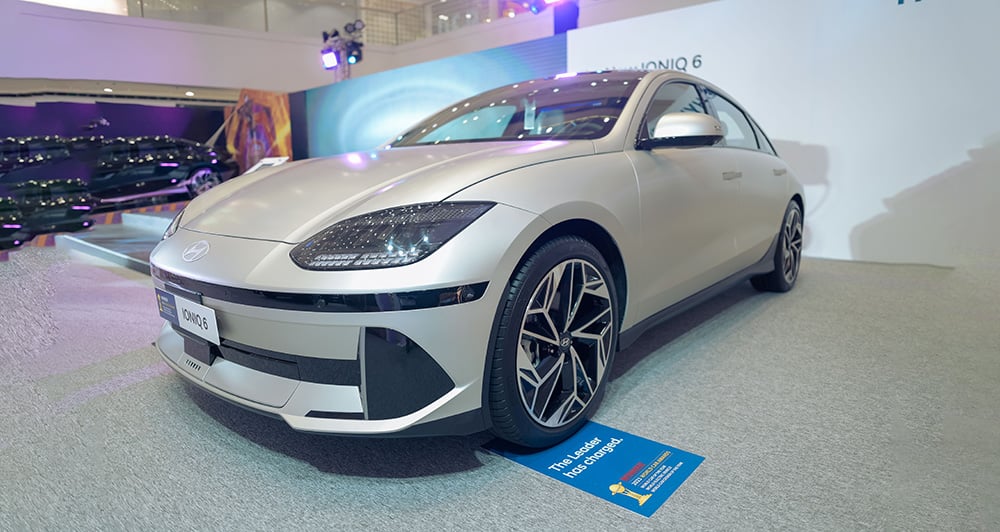
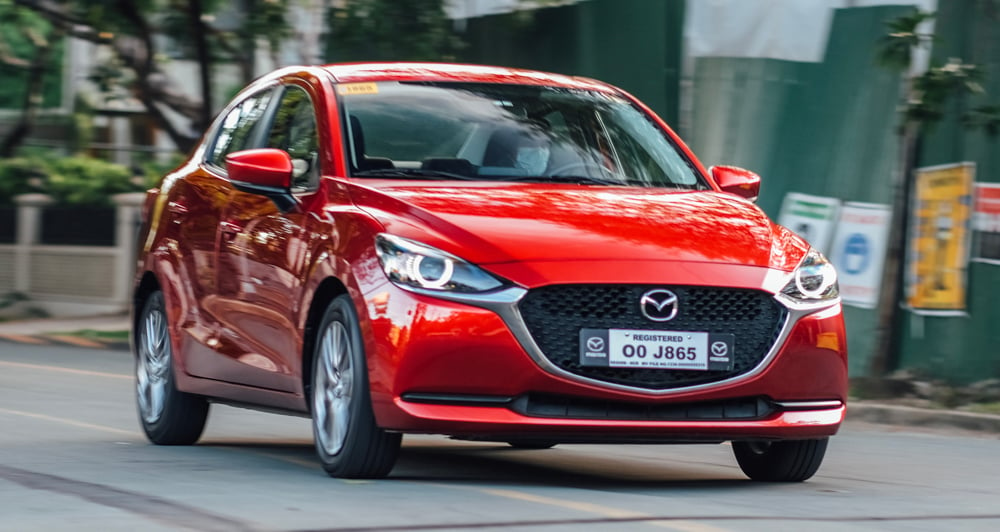
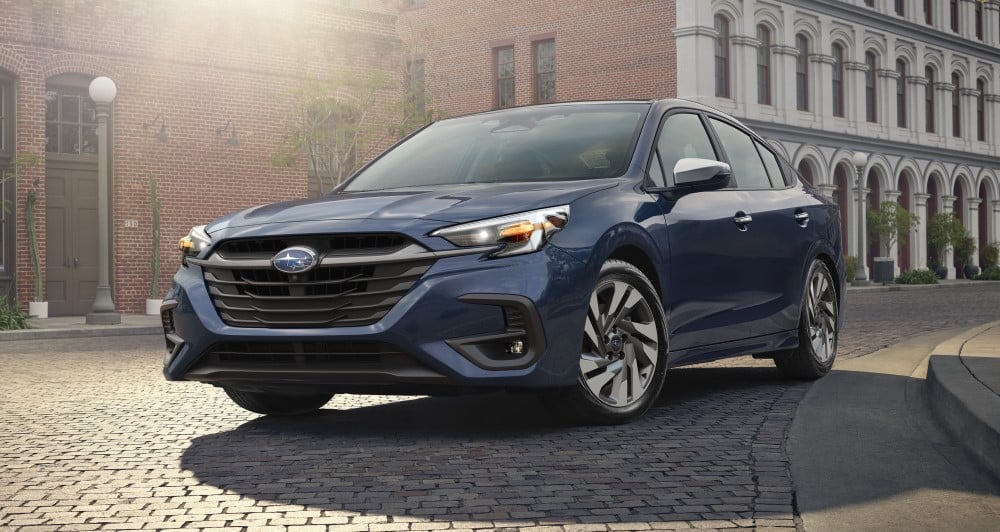

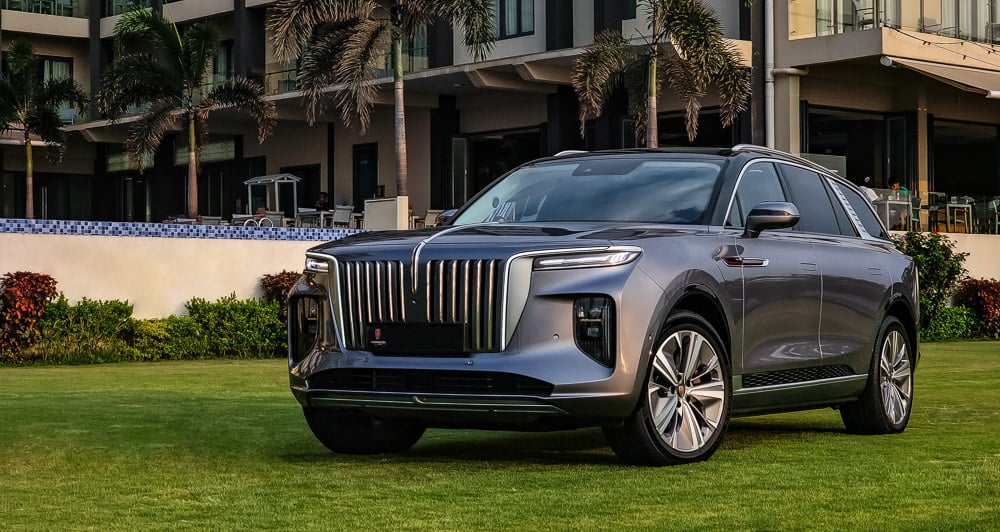
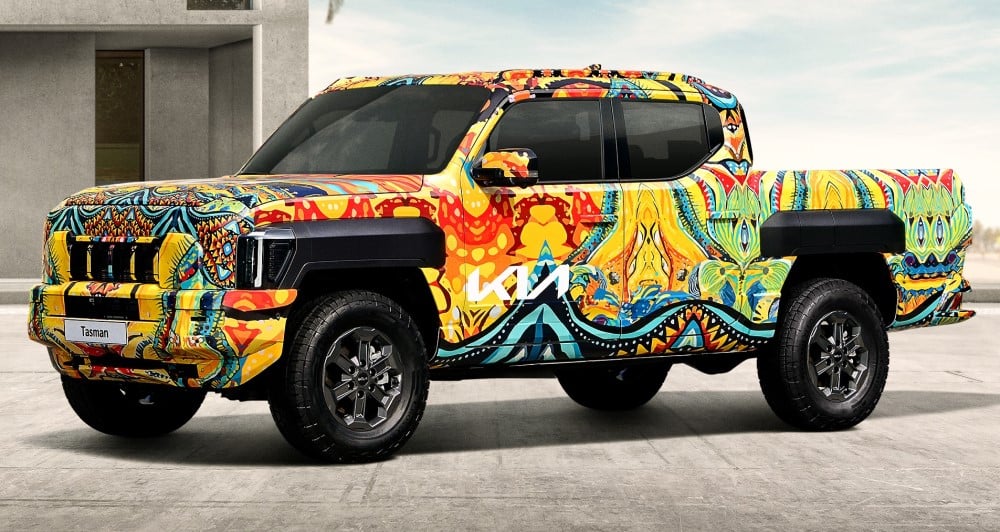

Comments